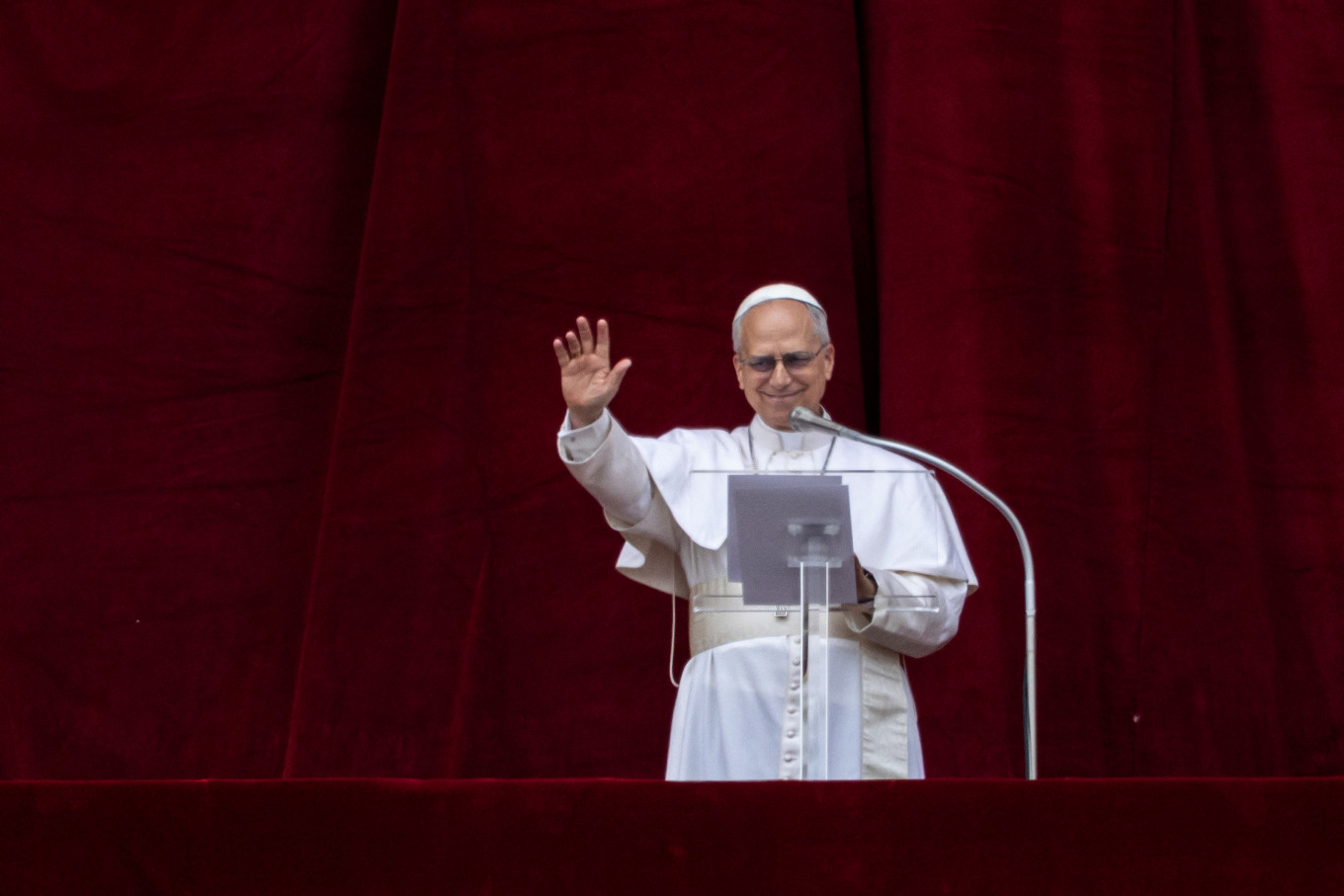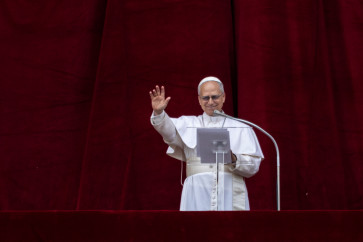Popular Reads
Top Results
Can't find what you're looking for?
View all search resultsPopular Reads
Top Results
Can't find what you're looking for?
View all search resultsWhy an American Pope?
Though inherently a religious process guided by a divine hand and absent of political interventions, the election of a new pope reflects the state of the world, as history has shown.
Change text size
Gift Premium Articles
to Anyone
F
or centuries, papal elections were also diplomatic wrangles, with the great city-states of Italy (Milan, Florence and Naples) and then the great powers of Europe (Spain, France and the Holy Roman Empire) tussling for influence and aiming to install a proxy pontiff.
But the pomp, secrecy and mystique of the process (all on display in the 2024 film Conclave) are designed to show that a divine hand is guiding the outcome. This is no ordinary political event.
By the 20th century, countries no longer campaigned openly for “their own” pope, but politics was still a major factor. The last time a political leader vetoed a papal candidate was in 1903, when the aged Habsburg emperor Franz Joseph, a living relic of a bygone age, blocked the leading candidate. Yet despite the absence of political interventions in the process, the choice of pontiff was still seen to reflect not only points of theology but also the state of the world.
Consider Benedict XV, who was elected just after the outbreak of World War I. Though he was sidelined at the Treaty of Versailles, his call for a “Papal peace” resulted in the Vatican negotiating directly with Franz Joseph’s successor.
Eugenio Pacelli represented an even more striking case of an attempt to respond to dangerous political doctrines. By the 1930s, Nazi Germany had begun to pose a profound challenge to civilization and to Christianity. Pacelli knew Germany well, having been nuncio to Bavaria during the 1919 communist revolution and then witnessing the Nazis’ rise. As Pope Pius XII, he sought to wrestle with the German problem but ultimately left a deeply troubling legacy; probably because he was convinced that confronting Nazi ideology publicly would have undermined his ability to protect Catholics across Europe.
In 2025, anyone thinking about the broader economic or political context of papal selection might believe that Africa is most relevant. Not only does the continent have the world’s fastest-growing population, but it is also one region where Catholicism is strengthening its hold. Hence, during the recent humanitarian crisis in the Democratic Republic of the Congo, Cardinal Fridolin Ambongo Besungu came to be considered papabile.
But the Holy Spirit – or was it realpolitik? – decided that the situation in the United States, with its increasingly popular perversion of religion, may pose the gravest threat to the faith.



















